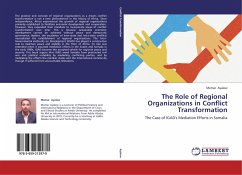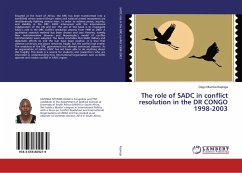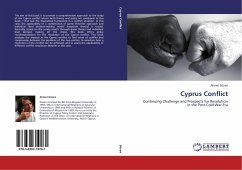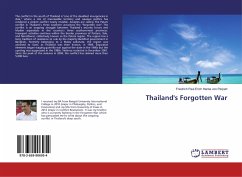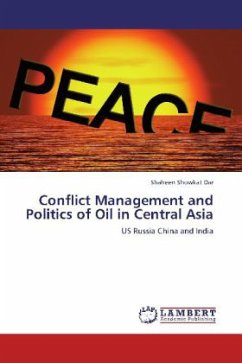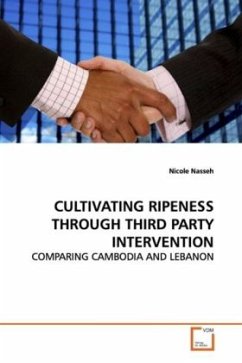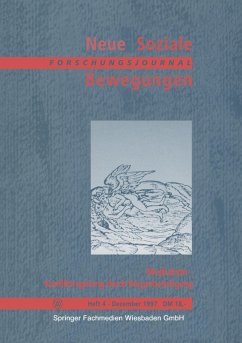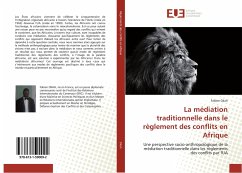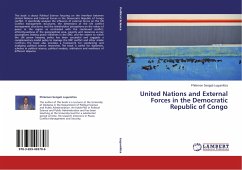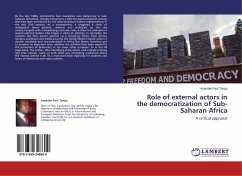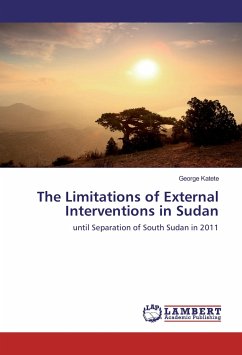
The Limitations of External Interventions in Sudan
until Separation of South Sudan in 2011
Versandkostenfrei!
Versandfertig in 6-10 Tagen
52,99 €
inkl. MwSt.

PAYBACK Punkte
26 °P sammeln!
This study answers the question: "How were external actors involved in the transformation and escalation of conflicts between the Government of Sudan (GOS) and the Sudan People Liberation Movement/Army (SPLM/A) during the transition period [provided for by the Comprehensive Peace Agreement (CPA)] that ran from 2005 to 2011?" Amidst the engagements of external actors in Sudan, conflicts were not transformed. The presence of external actors raised the bar of transformation possibilities but did not lead in changing the relations between the former foes turned neighbors, any better. Mediators hel...
This study answers the question: "How were external actors involved in the transformation and escalation of conflicts between the Government of Sudan (GOS) and the Sudan People Liberation Movement/Army (SPLM/A) during the transition period [provided for by the Comprehensive Peace Agreement (CPA)] that ran from 2005 to 2011?" Amidst the engagements of external actors in Sudan, conflicts were not transformed. The presence of external actors raised the bar of transformation possibilities but did not lead in changing the relations between the former foes turned neighbors, any better. Mediators helped in producing a peace deal that ended the civil war in 2005, but it is the same mediation that opened up Sudan into increasing spoiler actions. Donors or aid agencies did not succeed in alleviating the humanitarian and development challenges in Sudan and South Sudan. Peacekeepers were mandated to help keep peace by implementing various activities. However, their mandate restriction enabled them only to observe and report the rising number of killings. Regional actors were mainly opportunistic.Oil corporations maintained their interests by increasing production in a burning southern Sudan.



